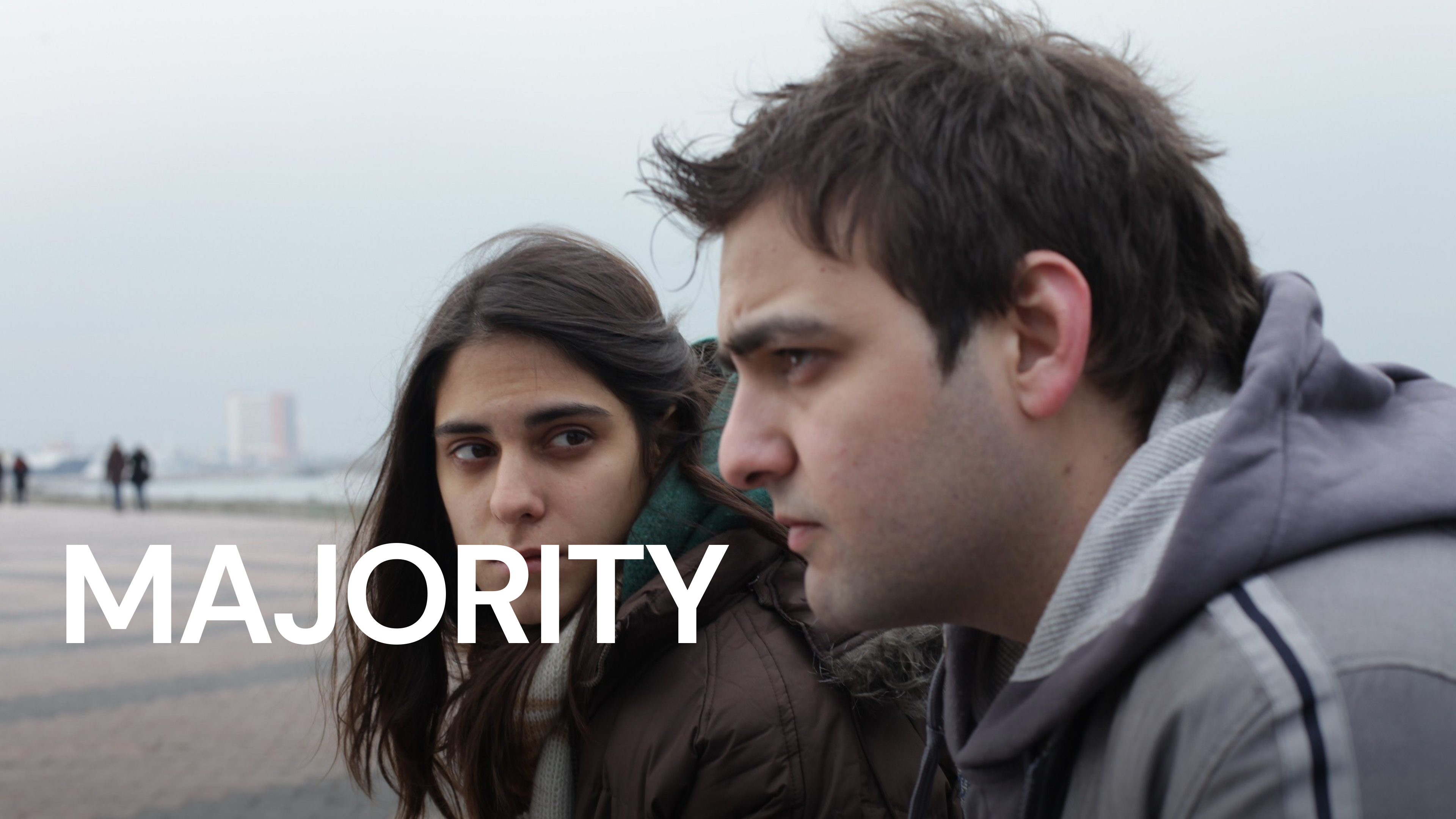jaundiceinnewborns.net – Çoğunluk (Majority), a 2010 Turkish drama film directed by Seren Yüce, offers a stark and unsettling portrayal of social and political issues within contemporary Turkish society, specifically focusing on the privileged upper-middle class and their detached perspective on the realities faced by the majority. The film doesn’t offer easy answers or simplistic narratives; instead, it presents a nuanced and often uncomfortable exploration of class divisions, social apathy, and the perpetuation of systemic inequalities.
Mert: A Life of Privilege and Disconnection
The story revolves around Mert, a young man from a wealthy Istanbul family. He lives a life of comfortable complacency, shielded from the harsh realities faced by most of his fellow citizens. His days are filled with leisurely activities, social gatherings with his equally privileged friends, and a general sense of entitlement. He is disconnected from the social and political issues that plague the country, preferring to remain within the confines of his comfortable bubble.
A Chance Encounter and a Moral Dilemma
Mert’s life takes a slight turn when he meets Gül, a young woman from a working-class background. He is drawn to her genuine nature and her perspective, which starkly contrasts with the shallow world he inhabits. However, when his family discovers their relationship, they vehemently disapprove due to Gül’s lower social standing. This disapproval forces Mert to confront a moral dilemma: choose between his family’s expectations and his own burgeoning feelings for Gül.
The Weight of Social Expectations and Family Pressure
Majority masterfully depicts the immense pressure Mert faces from his family and social circle. They embody the deeply entrenched social hierarchies and prejudices that permeate Turkish society. His family’s primary concern is maintaining their social status and ensuring that Mert marries within their own social class. Gül’s background is seen as a threat to this carefully constructed world.
Exploring Themes of Class, Apathy, and Complicity
The film delves into several important themes:
- Class Divisions: The film starkly portrays the deep divide between the wealthy elite and the working class in Turkey. Mert’s family and friends are completely oblivious to the struggles faced by those outside their social circle.
- Social Apathy: Mert’s initial indifference to social and political issues reflects the apathy prevalent within his social class. They are more concerned with maintaining their comfortable lifestyle than addressing the inequalities that surround them.
- Complicity in Systemic Injustice: By choosing to conform to his family’s expectations, Mert becomes complicit in the perpetuation of systemic injustice. His inaction reinforces the existing power structures and maintains the status quo.
- The Burden of Tradition: The film examines the weight of tradition and family expectations, particularly in the context of marriage and social standing. Mert is trapped between his own desires and the pressure to conform to his family’s wishes.
A Subtle Yet Powerful Narrative
Majority avoids melodrama and grand pronouncements. Instead, it tells its story through subtle observations, nuanced character interactions, and a keen attention to detail. The film’s power lies in its quiet realism and its ability to expose the underlying tensions and contradictions within Turkish society.
A Reflection of Contemporary Turkish Society
The film was released during a period of significant social and political change in Turkey, and it resonated with audiences due to its timely exploration of relevant issues. It sparked important conversations about class divisions, social responsibility, and the role of the individual in perpetuating or challenging existing power structures.
A Thought-Provoking and Uncomfortable Viewing Experience
Majority is not an easy film to watch. It offers a critical and often uncomfortable look at the privileges and prejudices that exist within Turkish society. However, it is a vital and thought-provoking film that encourages viewers to reflect on their own roles and responsibilities in shaping the world around them. It is a powerful reminder of the importance of empathy, social awareness, and the courage to challenge the status quo. It’s a film that stays with the viewer long after the credits roll, prompting reflection on the complexities of social dynamics and the individual’s place within them.
